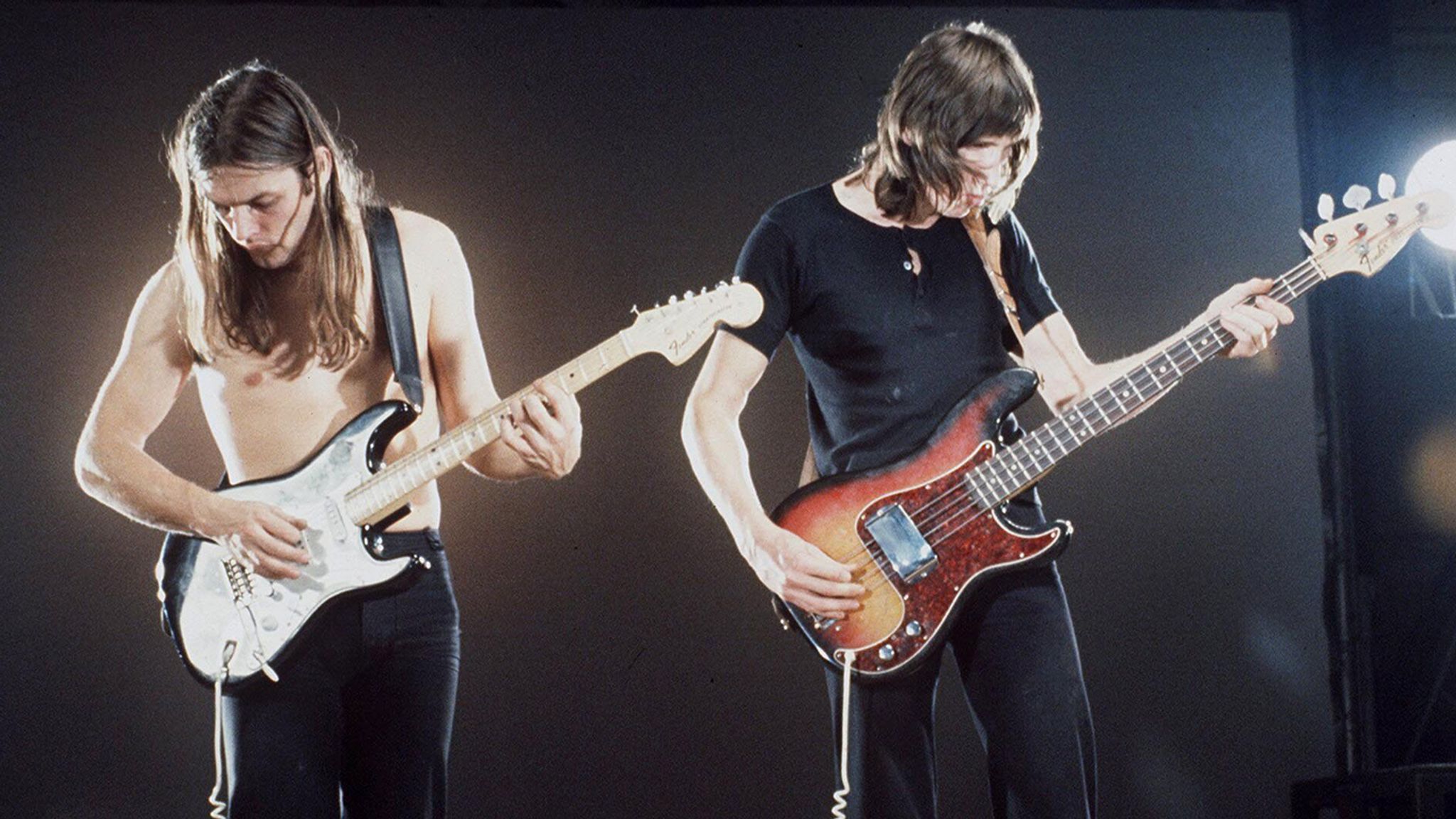Are You A Waters or Gilmour Person, Or Both?
The good thing about technology is that it lets us cut to the chase right away. The reason I have been thinking about this was because I was watching some interviews with Roger Waters given over 20 or 30 years. I was also thinking about how music and philosophy go together or don't go together, or how they overlap on the Venn diagram.
In terms of Pink Floyd, and specifically the core of the group of Roger Waters and David Gilmour, there are two ways of working that either work together well or can create tension and animosity.
If you were to make a column for Roger Waters and a column for David Gilmour it would be as follows: In the Waters column would be the setting of a moral example. In the David Gilmour column there would be something that would be music-related and not concerned about the narrative or the philosophy. For Waters, the music doesn't necessarily have to be polished, whereas for Gilmour it has to be. For Waters, he approaches music as a novelist or philosopher. Gilmour seems to be focused on the musicianship. He is more about the sound whereas Waters likes to ruminate and think about the ideas and the concepts.
One would think that this would be the perfect team for creating great music, and it certainly was but only for a very short period.
Technology allows one person to do it all without the conflict. And perhaps that's where we're going with the combination of 30 or 40 years of music moving towards a solo act as opposed to a band unit. I saw the shift in about 1981, right at the beginning of MTV, where artists like Peter Gabriel were leaving to form their own solo careers and exploring creative freedom. Even then, technology was at the point where someone could go off on their own and not have to use a drummer for example, as they could just use a drum machine. And now 40 years later, the drum machine (and other machines--as well as machine-learning) still rule, and many things are like drum machines, or are turning into machines. Humans are turning into machines as well, or turning to machines in order to create a product they can hustle on social media.
Personally, I gravitate towards the Waters model in terms of conceptualization of music, which I see as an extension of visual art and literature. But in the end, I find myself just wanting to exist inside the music and do it for its own sake, which I think is what people want ultimately. They want to bathe in the music rather than digging in the dirt of its possible meanings. I like to do both, and to some degree I have liked the feeling in both.
The original stream-of-consciousness riff in which this post was derived:



Comments